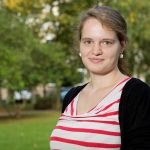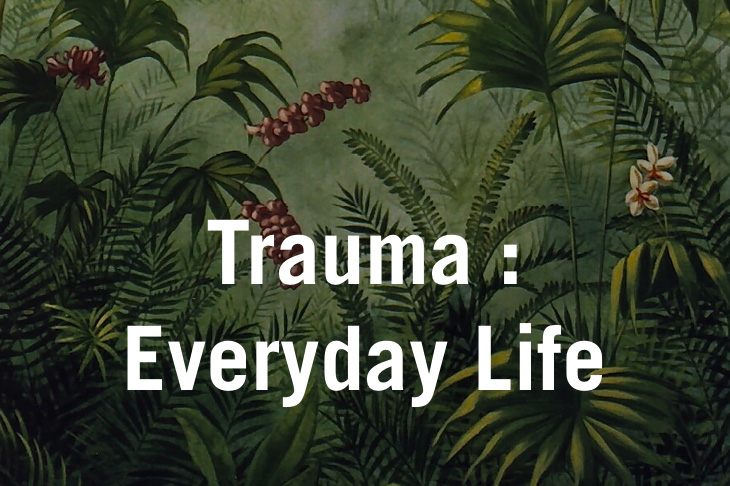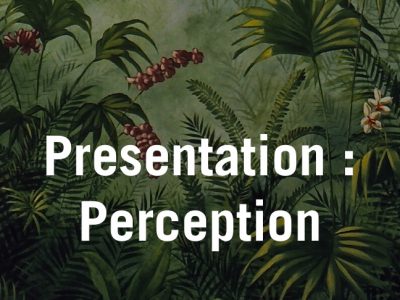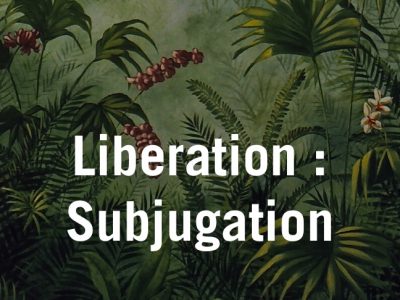Project Info
Project Description
In this workshop we are going to use the everyday lives’ history approach to investigate personal perceptions of the end of the Great War, especially in the realities of families´ everyday lives. In autumn of 1918 the Great War officially ended. Meanwhile, fathers, brothers and sons were still in captivity, injured and mentally traumatised. Family structures and traditional roles of men and women had changed and violence was still continuing in Europe. It was a period of radical change and continuity at the same time. But the effects war and conflict have on individuals and their families are not historically unique to the Great War. Also, in present times the psychological effects of wars can far outlast official declarations of peace. This leads to the simple question: When does war really end?
We are going to explore these individual everyday life stories beyond the great political events. You will deal with personal historical sources like diaries, letters, photographs, postcards etc. from the post-war-time of 1918. Supported by a professional journalist and history-podcaster this workshop will enable you to quickly discover new tools and methods of history storytelling. And we are going to find creative ways to tell these stories in your own podcast-productions. At the end of this three-day-experience each participant will have the opportunity to present their own audio-features. Basic computer skills are required to take part in the workshop; previous experiences with audio cutting tools are helpful but not necessary.
This workshop is provided by
 The Federal Agency for Civic Education
The Federal Agency for Civic Education
Teamer
NORA HESPERS

Germany
- Freelance journalist for public media and radio journalist
- Published her first podcast project, a nonfictional series about her grandfather who fought for the resistance in WW II, in 2015
- Versed in storytelling techniques as well as research and audio production
MECHTHILD ROOS

Luxembourg
- PhD student and academic assistant at the Institute of Political Science of the University of Luxembourg
- Writing her dissertation on the evolution of the early European Parliament
- Coordinates the Twitter Project @RealTimeWW1, which communicates through short stories how people in various countries, positions and situations experienced everyday life exactly 100 years ago – during World War I
MONA BÜNNEMANN

Germany
- Psychologist and research associate in the department of Clinical Psychology and Psychotherapy for Children and Adolescences at Bielefeld University
- Focus on the mental health of Unaccompanied Refugee Minors, providing psychological counselling to Child Survivors of war, torture and flight at the Outpatient Clinic for Refugee Minors at Bielefeld University
- Familiar with instances of flashbacks, nightmares and frequent news of death and violence from friends and family in the refugees’ home countries





